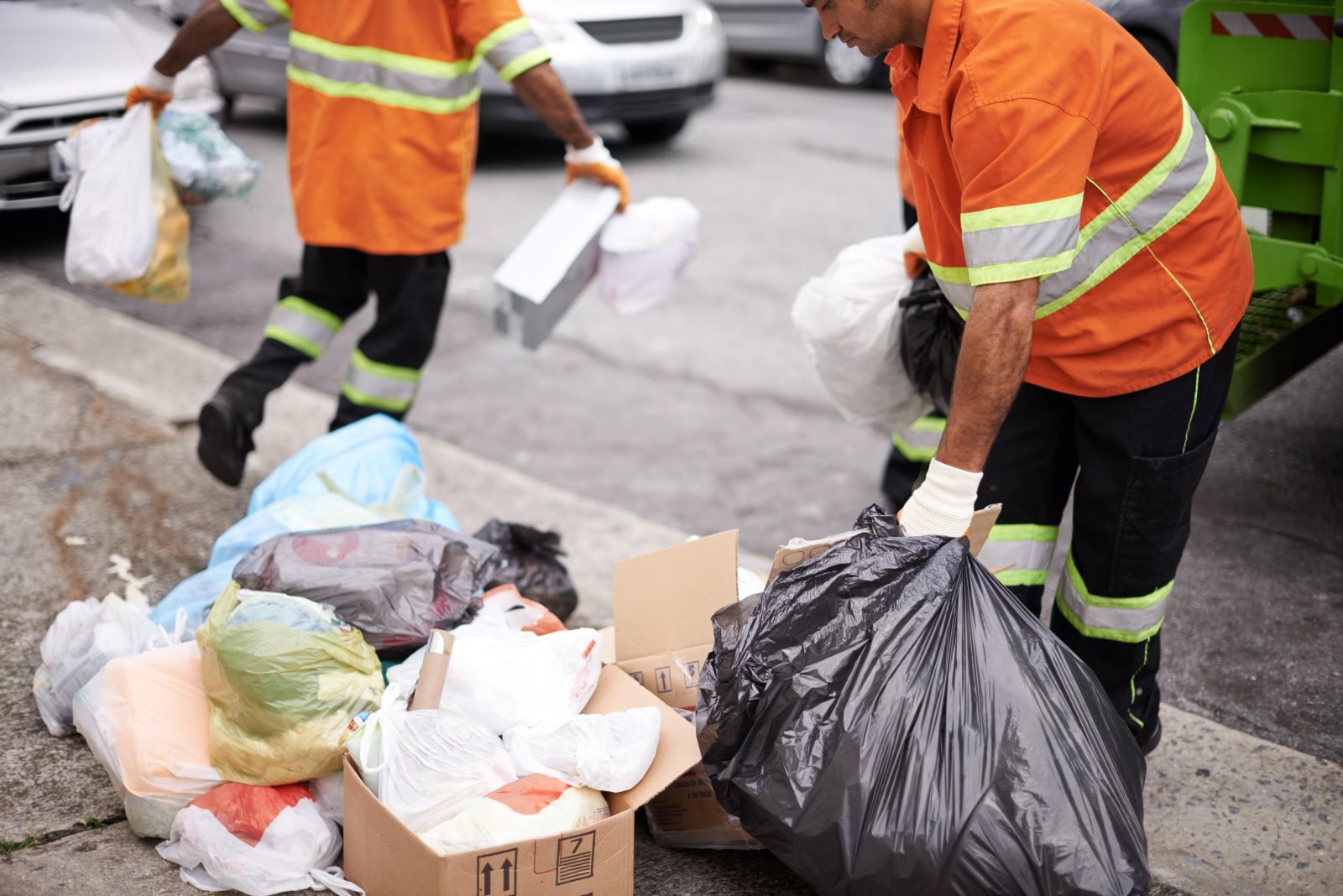Waste Disposal Companies in South Africa: Transporting Waste
Transporting hazardous waste is a complex and critical task that requires strict adherence to safety protocols and regulatory compliance. In South Africa, waste disposal companies play a pivotal role in managing this process effectively. At A-Thermal, we are committed to ensuring the safe and efficient transportation of hazardous materials, guided by best practices and real-world experience. This article explores essential practices for hazardous waste transportation and how A-Thermal, as a leading example among waste disposal companies in South Africa, excels in this crucial aspect of waste management.
The Challenges of Hazardous Waste Transport
Transporting hazardous waste involves several challenges, including the potential for environmental harm, health risks to personnel, and legal liabilities. Hazardous materials can range from chemicals and pharmaceuticals to industrial by-products, each requiring specific handling and transportation methods. The complexity of managing these materials necessitates a rigorous approach to safety and compliance to prevent accidents and ensure environmental protection.
Safety Protocols for Hazardous Waste Transportation
1. Comprehensive Training: Ensuring that all personnel involved in the handling and transportation of hazardous waste are properly trained is paramount. This includes understanding the characteristics of the waste, emergency response procedures, and safe handling techniques. A-Thermal, as a leading example among waste disposal companies in South Africa, offers specialised training programs tailored to the unique needs of different industries, equipping staff with the knowledge needed to manage hazardous materials safely.
2. Proper Packaging: Packaging plays a crucial role in preventing leaks and spills during transportation. Hazardous waste must be contained in containers that are durable, resistant to chemical reactions, and compliant with regulatory standards. Our team at A-Thermal ensures that packaging materials are selected based on the type of waste and its associated risks, adhering to the latest safety guidelines.
3. Labelling and Documentation: Accurate labelling and documentation are essential for tracking and managing hazardous waste. Labels should clearly indicate the contents, potential hazards, and handling instructions. Documentation must include all relevant information about the waste, such as its origin, quantity, and disposal instructions. A-Thermal, among the top waste disposal companies in South Africa, maintains meticulous records and ensures that all necessary documentation is in place to comply with regulatory requirements.
Regulatory Compliance and Best Practices
1. Adherence to Regulations: South Africa’s regulatory framework for hazardous waste transportation includes specific requirements outlined by agencies such as the Department of Forestry, Fisheries, and the Environment (DFFE). Compliance with these regulations is critical for avoiding legal issues and ensuring safe practices. A-Thermal stays updated with regulatory changes and integrates them into our procedures, always ensuring full compliance.
2. Emergency Response Planning: Despite rigorous safety measures, accidents can occur. Having a well-defined emergency response plan is essential for mitigating risks and addressing incidents effectively. Our protocols, as practised by leading waste disposal companies in South Africa, include detailed response strategies for various scenarios, ensuring that our team can act swiftly and efficiently to manage any emergencies that may arise during transportation.
Real-Life Examples and Expert Insights
Case Study 1: Chemical Waste Management
In a recent project, A-Thermal, in collaboration with other leading waste disposal companies in South Africa, was tasked with transporting large quantities of chemical waste from a manufacturing facility. We implemented robust safety measures, including specialised containers and enhanced training for transport personnel. Our adherence to best practices and regulatory compliance ensured that the waste was transported safely, with zero incidents or regulatory breaches.
Case Study 2: Pharmaceutical Waste Disposal
For a pharmaceutical company dealing with expired and unused medications, A-Thermal provided a tailored solution that included secure packaging and precise documentation. Our expertise in handling pharmaceutical waste ensured that the materials were managed in compliance with stringent regulations, safeguarding both the environment and public health.
At A-Thermal, our commitment to safe and efficient hazardous waste transportation is unwavering. By adhering to best practices, regulatory standards, and leveraging our extensive experience, we ensure that hazardous materials are managed with the utmost care and responsibility.
Contact us today to learn more about how we can support your waste management needs and ensure compliance with industry standards.







